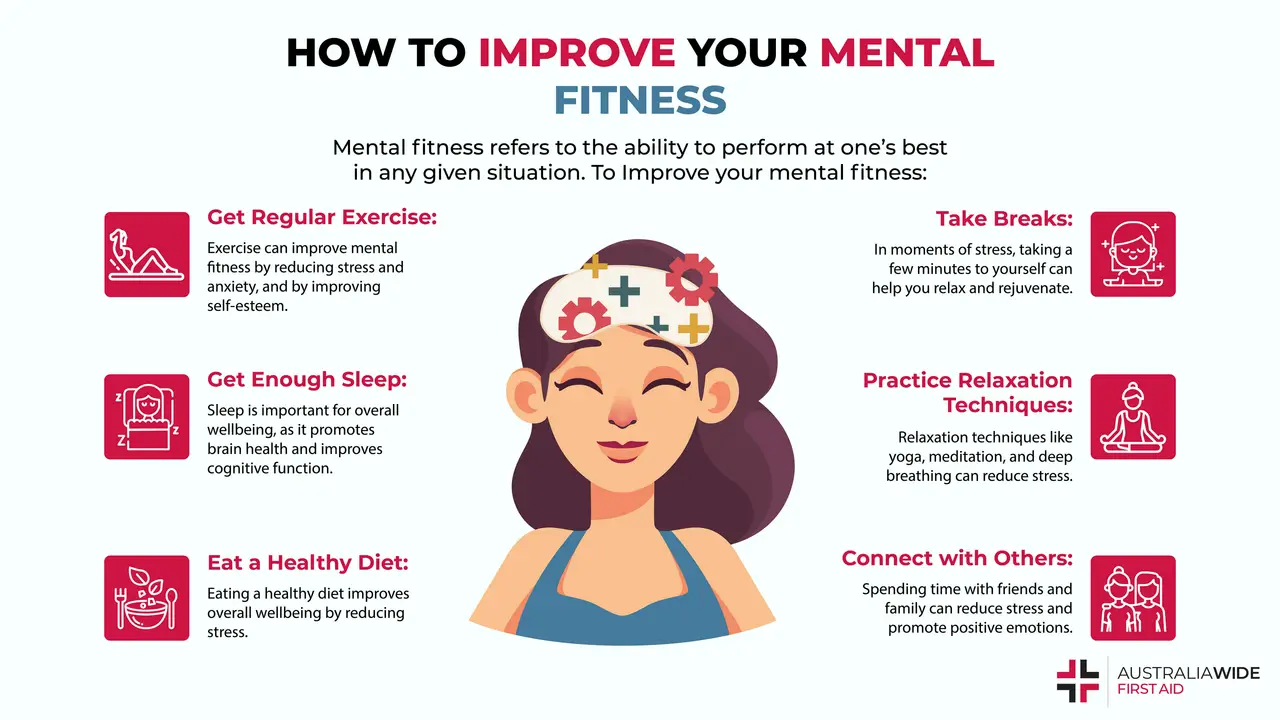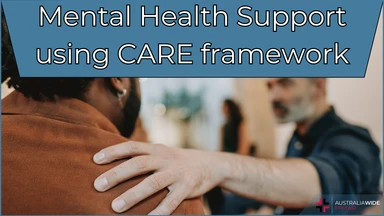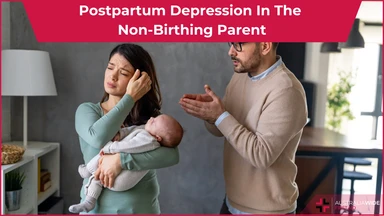Mental fitness: a complete guide of learning the basics and how to apply it to your life.


Mental health and mental fitness are two important topics that are often confused with one another.
While they share some similarities, there are also some key differences between the two. In this blog post, we will explore the definition of mental health and mental fitness, as well as discuss the benefits of each. We will also provide tips on how to improve your mental health and fitness.
Mental fitness is often confused with mental health. Mental health is a state of well-being in which an individual realizes his or her own abilities, can cope with the normal stresses of life, can work productively and fruitfully, and is able to make a contribution to his or her community.
Mental fitness, on the other hand, refers to the skills and abilities needed to perform at one’s best in any given situation. It includes qualities such as focus, concentration, self-control, discipline, and resilience.
Mental fitness is important because it enables us to better cope with stress and manage our emotions. When we are mentally fit, we are better able to focus and concentrate on tasks, make decisions, and solve problems. We are also better able to control our emotions, manage stress, and stay resilient in the face of adversity.
Mental fitness has a number of benefits, both for individuals and for society as a whole. Some of the key benefits of mental fitness include:
There are a number of barriers that can prevent us from achieving and maintaining mental fitness. Some of these are out of our control, such as our biology and genetics. However, there are also lifestyle factors that can contribute to poor mental fitness, such as a lack of exercise, poor diet, and excessive stress. Some barriers include:
Stress can have a negative impact on our mental fitness. When we are stressed, we are more likely to experience anxiety, depression, and other mental health problems. Managing stress in a healthy and effective manner is key to maintaining mental fitness.
Anxiety can also impede our ability to achieve mental fitness. When we are anxious, we may find it difficult to concentrate or focus on tasks. We may also avoid situations that make us feel anxious. Addressing existing anxiety issues is critical to achieving mental fitness. You may like to address anxiety with the help of a mental health professional.
Depression can lead to a loss of interest in activities, fatigue, and sleep problems. These can all make it difficult to achieve mental fitness. Depression may be a barrier due to the impact it has on daily functioning and needs to be addressed. In order to address issues of depression, you may need to seek professional help.
Poor Sleep can also affect our mental fitness. When we don’t get enough sleep, we may find it difficult to concentrate and focus on tasks. We may also feel irritable and anxious.
Substance abuse can also impact our mental fitness. When we abuse substances, we may find it difficult to think clearly and make decisions. We may also experience mood swings and problems with our sleep.
Some people may be genetically predisposed to mental health problems, which can impact their ability to achieve mental fitness.
Illness can also have an impact on mental fitness. When we are ill, we may find it difficult to concentrate or focus on tasks. We may also experience fatigue and sleep problems.
Diet can also impact our mental fitness. When we consume unhealthy foods, we may find it difficult to concentrate or focus on tasks. We may also experience mood swings and problems with our sleep.
A sedentary lifestyle can also impact our mental fitness. When we don’t get enough exercise, we may find it difficult to concentrate or focus on tasks. We may also feel irritable and anxious.
Injuries can also have an impact on mental fitness. When we are injured, we may find it difficult to concentrate or focus on tasks. We may also experience pain and fatigue.
Poor nutrition can also impact our mental fitness. When we consume unhealthy foods, we may find it difficult to concentrate or focus on tasks. We may also experience mood swings and problems with our sleep.
Social isolation can also have an impact on mental fitness. When we don’t have a supportive social network, we may find it difficult to cope with stress and other challenges. We may also feel isolated and lonely.
There are a number of things you can do to improve your mental fitness. Some of these include:
If you are struggling to cope with stress or manage your emotions, it is important to seek professional help. There are a number of mental health professionals who can provide support and guidance.
These include:
If you are in need of immediate assistance, please call one of the following crisis lines:
While mental fitness is important for overall health and well-being, it is also important to be aware of the signs and symptoms of mental illness. If you are concerned that someone may be experiencing a mental health crisis or expresses thoughts of suicide, it is important to seek professional help immediately and emergency services if required. In the meantime, here are some tips on how to provide first aid for mental fitness:
If you are worried about your own mental health, it is important to seek professional help. You can also call one of the above-mentioned crisis lines for support.
If you are struggling with your mental health, it is important to seek professional help. A mental health professional can provide you with the tools and resources you need to improve your mental health and wellbeing.

February 18, 2025
Mental health can be influenced by every aspect of our lives, and the weather is no exception. In places closer to the equator with humid environments, like Darwin here in Australia, the onset of monsoon season can see people suffer from a tropical seasonal affective disorder known as ‘mango madness’.

January 16, 2025
Mental health crises can occur unexpectedly, and knowing how to respond effectively can make a significant difference. The CARE framework is an easy-to-remember guide for offering support during a mental health crisis. It is also applicable if you think you might be seeing signs and symptoms of low mental health in a loved one, friend, or colleague.

June 3, 2024
New parents, both birthing and non-birthing, can develop postpartum depression. Birthing parents are easily recognized as being at risk for postpartum depression; however, it is important to acknowledge that non-birthing parents are equally susceptible to experiencing postpartum depression.